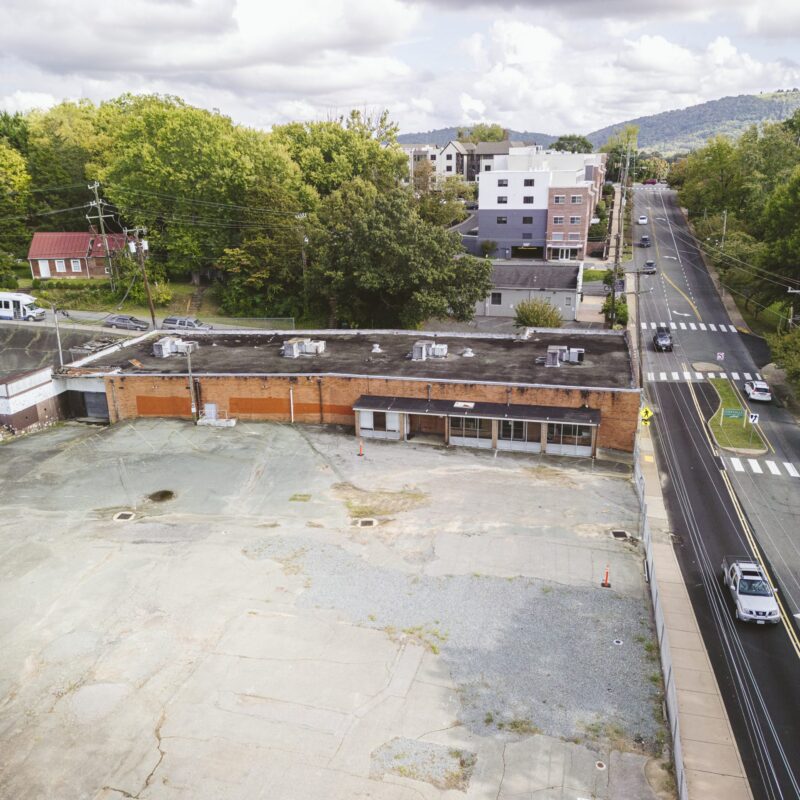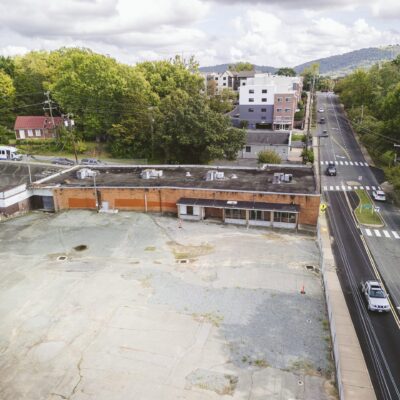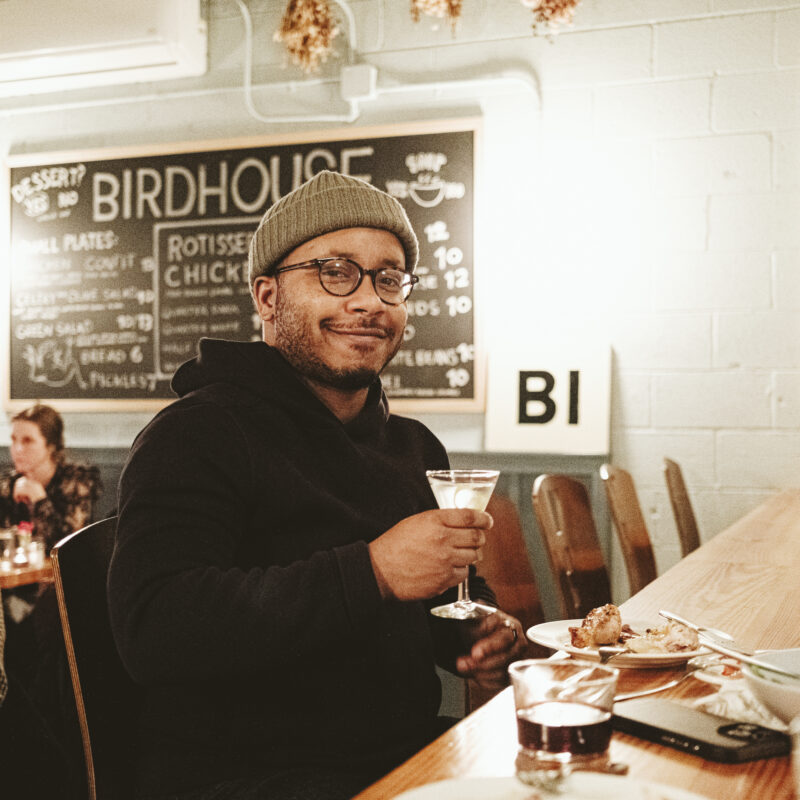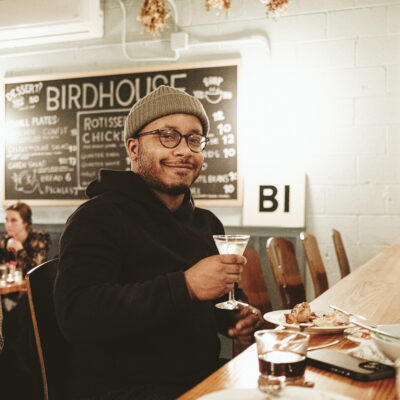About the last thing that comes to mind when you think of yoga is the image of 30 prisoners at the county jail sitting in the lotus position. Kate Hallahan is not trying to change the image of yoga, per se. She is trying to change one aspect of it: availability. “I have a belief that health is a right, not just a privilege for the few,” she says.
|
Kate Hallahan began her Guerrilla Yoga journey in 2002. Then, she was working at the Starr Hill Restaurant, but was less than satisfied with her daily routine. “I always wanted to go to Africa,” says Hallahan. “And the time was right, so I was like, ‘I’m going.’” A seven-week trip brought her to South Africa, where, in the Transkei region, she spent a week studying yoga with a group of shamans. While there, Hallahan said she felt “in touch with herself for the first time in a long time.” |
Hallahan is the founder of the Guerilla Yoga Project (previously reported on in C-VILLE Sugar) a small group of licensed instructors who offer donation-based classes in unlikely locations—and for unlikely patrons. Among those are classes at Albemarle-Charlottesville Regional Jail (ACRJ), classes at St. Paul’s Memorial Church geared toward UVA students, and a class for teenage boys at city public housing sites such as Westhaven and Friendship Court.
Yoga is one of several programs offered at ACRJ that reflects a growing interest in offering rehabilitative services to inmates in an effort to reduce recidivism. A recent UVA study found that 31 percent of ACRJ inmates, without intervention, were rebooked within six months. The jail’s population, regularly around 500, outstrips its rated capacity of 329 prisoners. Where programs like the New Beginnings Re-entry Program, offered at the jail since 2005, attempt to acclimate prisoners to the practical aspects of daily life, yoga emphasizes emotional control in a community environment.
Hallahan’s Guerrilla Yoga journey began in 2002, when she was working as assistant manager at the Starr Hill Restaurant. Yoga was of marginal interest. Less than two years out of college—she had graduated from California’s Pitzer College—she felt cooped up in the daily grind. “I always wanted to go to Africa,” she says, “and the time was right, so I was like, ‘I’m going.’” A seven-week trip brought her to South Africa, where, in the Transkei region, she spent a week studying yoga with a group of shamans. While there, Hallahan said she felt “in touch with herself for the first time in a long time.”
She was inspired by the “energy and openness of the trip,” she says, and made a list of things that would support those qualities in her daily life. “I totally forgot about the list, and I went back to my job.” At the end of 2002, Hallahan was studying for a graduate degree in Spanish at UVA. The program wasn’t the right fit, so she revisited her list. Yoga topped it. Within a year she was substituting for her yoga teacher, and within two she had earned her teaching license.
When she left UVA in 2004, a very different story became part of her own. Steven Soderbergh was beginning to film Che, the four-hour long biopic about revolutionary Che Guevara, with Benicio Del Toro in the titular role. Through a mutual friend of hers and Del Toro’s, Hallahan found a job as the film’s translator. She moved to Los Angeles and worked as the go-between for the crew, who followed in English, and the cast, who filmed in Spanish.
She returned to Charlottesville four years later and, with two associates, founded the Charlottesville Yoga School in June of 2008, a growing program that offers accreditation classes for yoga teachers. Contacts from the yoga school helped her found the Guerilla Yoga Project this January. Among those contacts were Robert Jospé, a UVA music professor, and Tussi Kluge, a mindfulness teacher, who bring a weekly mindfulness and African drumming class to the jail. They approached Hallahan about integrating yoga in-to their class. She did, and by this January, she and fellow instructor Alexa Bell were in the jail, and the Guerilla Yoga Project was born.
Her experience on Che, and her interest in a certain revolutionary spirit— her concentration in college was Latin American revolutionary politics—informs the vision for the Guerilla Yoga Project. “Guerilla” may sound overkill, but to hear her say it, one can hear that connection.
“There’s this underlying belief that we’re all just one, and we all have the same potentials, for the same beautiful, inspirational potentials, but also the same potential pitfalls.”
The Guerilla Yoga Project will soon expand into rural areas, and incorporate a follow-up program to the one at ACRJ. “One of the most difficult things for people coming out of that environment is not being accepted by the community,” Hallahan says. The community aspects of yoga can help, she says. “But before you can really transform and move forward with the posture—I mean, with everything in life—you have to figure out where it is where you are.”
C-VILLE welcomes news tips from readers. Send them to news@c-ville.com.




